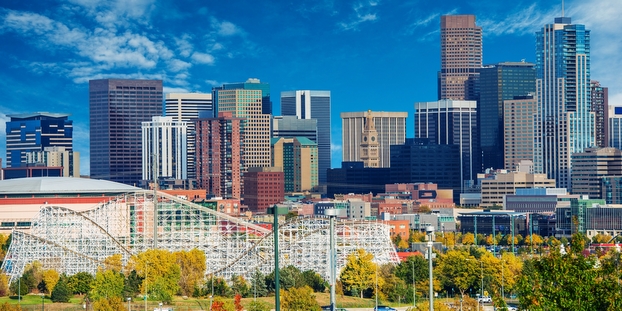
More breweries, taprooms and brewpubs closed in 2024 than new ones opened, according to Brewers Association year-end stats. It’s tough to know what’s really causing the lackluster state. Changing consumer tastes? Changing social habits? Inflation? Zooming in on Colorado, arguably the beating heart of the craft beer industry, numbers suggest all of the above.
Since the pandemic, Colorado has lost 140 craft breweries, and the rate of closures hasn’t slowed – 41 of those in 2024 and 35 in 2023.
“It was an incredibly difficult decision to close our Denver taproom,” said Christa Kilpatrick, former co-owner of the closed E. Colfax Fiction Beer Company taproom. “The craft beer business is a difficult and demanding one, and it was time to move on to less stressful ventures.”
Meanwhile, according to Colorado’s Liquor Enforcement Division, beer sales in the state are down -3.2%, worse than the Brewers Association’s national average showing craft beer down -2% in 2024.
“We are arguably the most important beer producing state in America and should be proud to be the State of Craft Beer. But Colorado’s breweries are facing major challenges,” said Shawnee Adelson, executive director of the Colorado Brewers Guild. “Between inflation, supply chain issues, employee shortages, a pandemic and a downward trend of drinking, these local businesses need the support of the public and lawmakers to survive.”
Colorado’s brewers faced a challenging year in 2024, to be sure, and the Colorado Beverage Coalition — a group of local brewers, winemakers, cidermakers, distillers and their supply and hospitality partners — worries 2025 could be even worse. The Coalition says some state lawmakers are considering tax increases and other proposals that might negatively impact the industry.
“To continue to serve our community and support local jobs, Colorado’s breweries need the support of our elected officials through certainty and stability in the tax code,” said Carlin Walsh, chair of the Colorado Brewers Guild and head brewer at Elevation Beer Company. “With the highest cost increases in generations and people drinking less, tax increases would only make it harder for our local businesses to invest in hiring and expansion.”
Colorado still has nearly 450 breweries, which employ roughly 63,000 people, which translates to $4 billion in wages each year and $12.7 billion in economic activity for the state, according to Colorado Guild’s stats. What the economic stats don’t show is the infinite amount of good vibes and community that often come with hanging out at the local taproom — and a sense of community could be the most valuable commodity in this country right now.
Asking for a little help from lawmakers during this uncertain time doesn’t seem unreasonable. As many states rush head-over-heels to give tax breaks to tech bro billionaires to build whatever they want, maybe, instead, Colorado could do a solid for the small, local businesses (and people) that already exist in its backyard.





Todd Ebbinghaus says
In 2023, 74 percent of all restaurant traffic came from “off premises” customers—that is, from takeout and delivery—up from 61 percent before COVID, according to the National Restaurant Association.